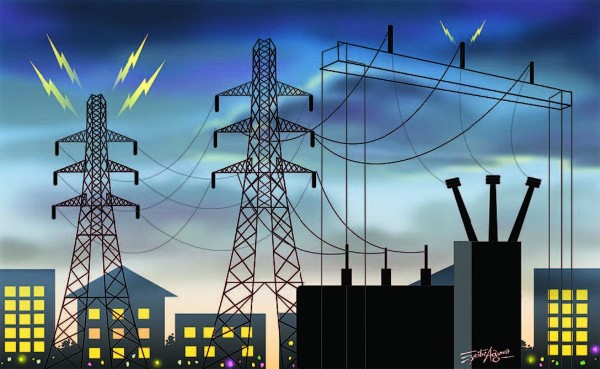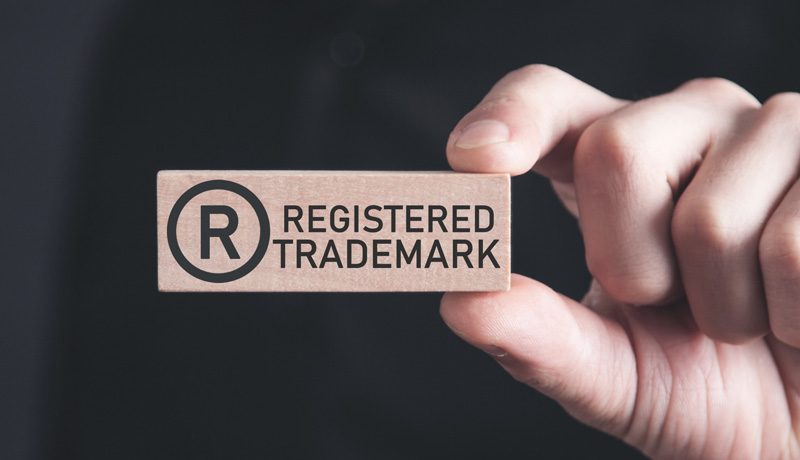The liquidity challenges in the Nigerian Electricity Supply Industry (“NESI”)’s value chain are often attributed to the losses that arise at the distribution end of the electricity supply value chain, as this end has been plagued with poor distribution infrastructure, inadequate metering and inefficient collections. All of these have impacted the quality of service provided to end-user customers.
Notably, there has been a delay in significantly reducing the Aggregate Technical, Commercial and Collection (“ATC&C”) losses recorded by electricity distribution companies (“Discos”) in Nigeria. Whilst there appeared to be a gradual decline of the overall average ATC&C losses for all the Discos in the fourth quarter of 2019[1] to 42.63%, from the 43.65% recorded in the third quarter of 2019, the ATC&C losses remain significantly higher than the expected industry average of approximately 26%, being the allowable ATC&C losses provided in the Multi-Year Tariff Order (“MYTO”) for 2019.

Consequently, in order to facilitate an improvement in the quality of service delivery to end-user customers and address some of the operational and liquidity challenges in the NESI, the Nigerian Electricity Regulatory Commission (“NERC”) recently issued the Guidelines on Distribution Franchising in the Nigerian Electricity Supply Industry 2020 (the “Franchising Guidelines”) to enable Discos take advantage of evolving business structures and technology for the purpose of providing adequate, safe and reliable services to end-user customers. In this regard, a Disco is permitted to enter into a franchising arrangement with a third party (a “Franchisee”) to authorize the Franchisee to perform some of the specific functions of the Disco within the Disco’s licensed area.
Key Aspects of the Franchising Guidelines
For ease of application, we have highlighted below, key aspects of the Franchising Guidelines:
- Regulatory Consent for Franchise Arrangements
A Disco may now enter into a franchise arrangement for the following activities within the electricity distribution sphere of influence: (i) metering, billing and collection; (ii) total management of electricity distribution function in a ring-fenced area; (iii) total management of distribution feeders including billing and collection; (iv) loss reduction and provision of embedded generation; and (v) any other innovative franchise models developed by the Disco.
However, prior to executing a contract (the “Franchise Agreement”) in respect of any of the listed franchising models, the Disco is required to submit an application to the NERC for a ‘No Objection’ Approval which will be granted by the NERC, subject to the compliance of the proposed franchising arrangement with the stipulated criteria.
- Additional Generation Capacity

To address electricity supply shortfall within a franchised area, the Franchising Guidelines permit the procurement of additional generation capacity through bilateral contracts with a Generation Company (“Genco”), subject to the franchising model adopted.
- Determination of Tariff
Pursuant to the Franchising Guidelines, the applicable tariff under the Franchise Arrangement will be determined in accordance with the prevailing tariff methodology approved by the NERC for distribution services, which is currently detailed in the MYTO. However, where the tariff arrangement entails the procurement of additional generation at a cost higher than the prevailing wholesale tariff from the power pool, the Disco may be permitted to pass the cost of additional generation to consumers by increasing the tariff, subject to: (a) prior customer consultation; (b) a review of the procurement process by the NERC; and (c) a public hearing by the NERC, (as applicable).
To ensure the success of the Franchise Arrangement, we reasonably expect the NERC to approve varying tariffs that provide incentives to the Discos and Franchisees for investment in the distribution infrastructure and continued improvement of quality services, so long as electricity consumers are willing to pay such varied and/or increased tariffs.
Nonetheless, prior to making significant commitments in relation to the Franchise Arrangement, it will be crucial and indeed financially prudent for Discos and Franchisees to timeously engage the NERC as it relates to these indicative tariffs for the proposed franchised areas.
- Form of Franchise Agreement
Whilst the Franchising Guidelines do not provide a template for the Franchise Agreement, the Franchising Guidelines specify standard terms that must be reflected in the agreement to be executed between a Disco and a Franchisee.
The standard terms that are required to be provided in the Franchise Agreement include the:
(i) base data in respect of the operations of the Disco in the franchised area prior to the execution of the contract;
(ii) franchise fee;
(iii) obligations of the Franchisee;
(iv) capital expenditure to be incurred in connection with the Franchise Arrangement;
(v) term of the agreement (which shall not exceed the unexpired tenor of the Disco’s licence);
(vi) technical delineation of the franchised area;
(vii) cancellation terms of the agreement;
(viii) metering arrangement; and
(ix) termination of the agreement.
In addition to the standard terms specified by the Franchising Guidelines, we consider it imperative for the parties to agree on the (a) ownership of distribution infrastructure built or improved upon by the Franchisee during the term of the Franchise Agreement; (b) insurance of all assets in relation to franchise arrangement; (c) optimal arrangements to guarantee recovery of investment by the Franchisee; and (d) appropriate indemnities (where the actions or omissions of the Franchisee result in loss or damages to customers or other third parties).
Furthermore, where the franchising model relates to Metering, Billing and Collection, it is necessary to provide for the treatment of existing rights and obligations of the Disco under any Metering Service Agreement entered into with a Meter Asset Provider for meters that may have been installed within the franchised area.
- Securitisation of Payment Obligation
Pursuant to the Franchising Guidelines, the payment obligation of the Franchisee to the Disco must be securitised in a form acceptable to the Disco with necessary safeguards to ensure that the liability of the Disco to the market is not compromised. This is premised on the need to ensure that the Franchise Arrangement contributes to improving the liquidity issues in the NESI as collections by the Disco remain crucial to the financial health of the entire electricity value chain.
- Conflict of Interest
Parties related to a Disco such as its directors and shareholders are not eligible to enter into a franchise agreement with the Disco.
- Revocation of Franchise Arrangements
The Franchise Guidelines also provide that upon receipt by NERC of any petition by relevant stakeholders, it may conduct an inquiry on the performance of any franchise arrangements, which may have been previously approved by it. Further, where NERC determines that such franchise arrangements are being willfully operated in a manner that contravenes any provisions of extant law, or threatens public health, safety, or in the interest of overriding public interest, it may issue an order revoking such a franchise arrangement, after it has conducted a public hearing in that regard. An order for revocation shall nonetheless, hold the Disco liable for the continuity in the provision of electricity services in the franchised area.
Conclusion
In our considered view, the issuance of the Franchising Guidelines is laudable and the efficient and effective implementation of franchise arrangements should generally enable the Discos improve service delivery to end-user customers in franchised areas without compromising the obligations of the Discos to the market and the regulators.
The Grey Matter Concept is an initiative of the law firm, Banwo & Ighodalo.
DISCLAIMER: This article is only intended to provide general information on the subject matter and does not by itself create a client/attorney relationship between readers and our Law Firm or serve as legal advice. We are available to provide specialist legal advice on the readers’ specific circumstances when they arise.
[1] The last quarterly report published by the Nigerian Electricity Regulatory Commission















